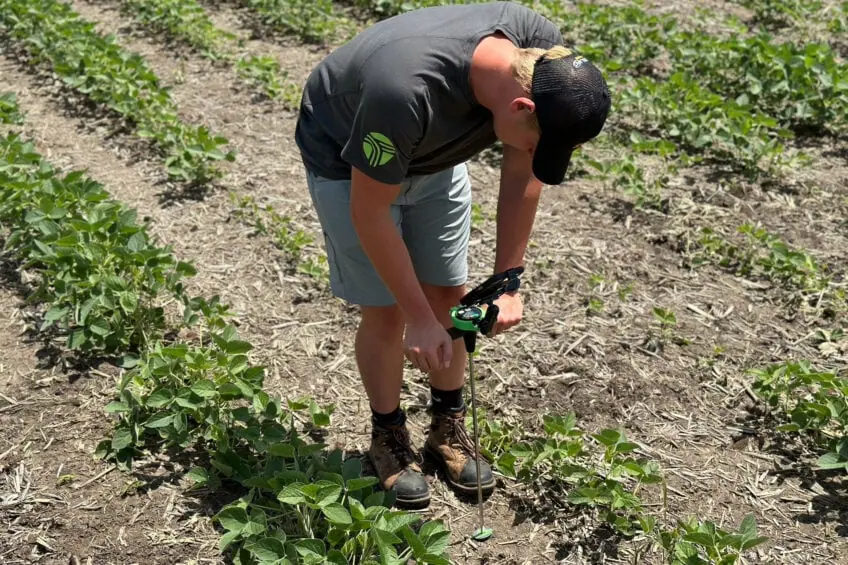Conférence API-AGRO
décembre 15, 2015Rendre l’intelligence artificielle accessible à tous, « une façon de se blanchir » pour les entreprises.
décembre 17, 2015(Extrait de lettre d’information du CEMA)
The final report (full report HERE; summary HERE) of the EIP-AGRI Focus Group addresses the question of how to organise data capture and processing to mainstream the application of Precision Farming for input and yield optimisation. Also, an attempt is made to identify the main reasons behind the current lack of adoption of technology, as well as identifying the key barriers to the implementation of Precision Farming on European farms.
The recommendations are addressed to all stakeholders involved in the agricultural sector. It is not only a matter of technological, data compatibility or data management. The utility of many precision farming application has not yet been demonstrated and constitutes a fundamental barrier for a further adoption on EU farms.
Some of the recommendations outlined on the study are:
- Technical solutions need to become smarter and integrated into farm management systems, testing their added value, and being validated and demonstrated on commercial farms.
- To assess the economic benefits of precision farming in a more formal way, scientifically reliable precision farming calculator tools need to be developed.
- Training and awareness are crucial as well as the role of independent advisers should be encouraged.
- Precision farming tools should be easy to use, affordable and robust, therefore addressing the needs of small and medium sized farms.
- More R&D is necessary for the development of electric drives, internet of things for communication facilitation, nanotechnology/biosensors, drones and autonomous platforms.
- New business models are needed for data management – sharing and open-data sources should be developed to bring precision farming to the next level. Data ownership, privacy, safety are crucial elements.
The experts also came up with some ideas to establish Operational groups at national level that could deal with:
- Technology and knowledge exchange involving farmers
- Investment risks and standardisation
- The needs for small and medium size farms



